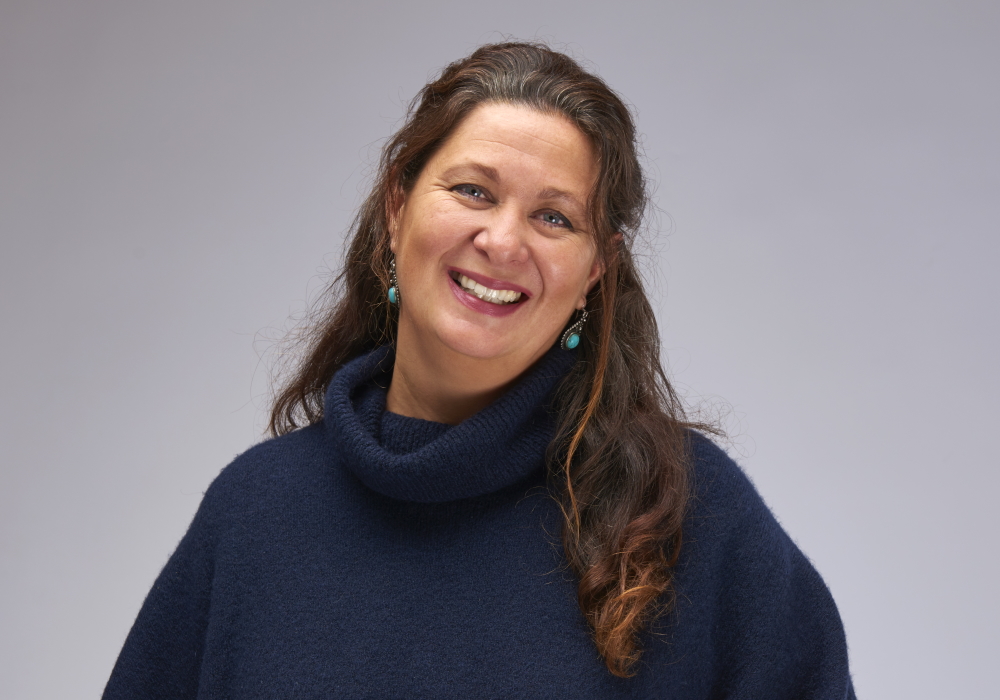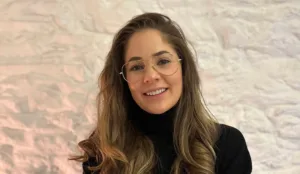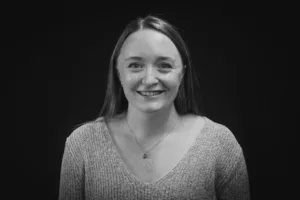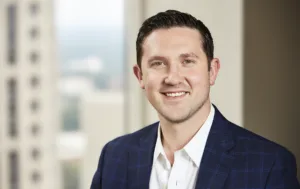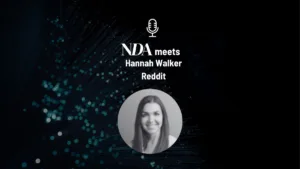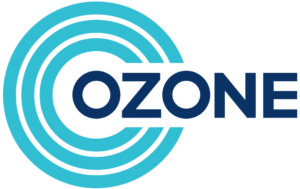On the back of International Women’s Day (IWD) and our Digital Women Lunch 2023, we’ve been speaking to some of the industry’s leading female voices to get their thoughts on how digital can truly achieve equity. Next, we chat to Jo Aves, Head of Content Solutions, Evening Standard.
The theme of IWD 2023 is equity. How far has our industry come in achieving equity for women rather than just equality?
We’ve come such a long way, there are more women in leadership roles which helps to drive change, and it feels like workplace misogyny and conscious gender bias has been called out enough to be rendered truly unacceptable and not ‘just one of those things’. Employers are recognising their role in supporting the mental health and wellbeing of their staff – regardless of gender, and the wider adoption and normalisation of flexible working has helped many, but particularly women to whom the mental and care-giving load falls disproportionately. With studies showing it doesn’t compromise productivity or increase workloads for others, this has been a major shift towards achieving equity.
However, whilst it’s a biggie, flexible working isn’t the only answer, and equity isn’t simply a working mothers’ issue. The facts still show we have a gender pay gap, an authority gap, and there’s still too many organisations just box-ticking and paying lip-service to the idea of equity for women rather than ensuring it’s realised across their workforce. We’re making progress, but we’re not there yet.
What are you most impressed by in how your own company is making efforts to achieve equity?
We were a very early adopter of flexible working practices, and we’ve demonstrated that this doesn’t compromise productivity or a business-first approach. In fact, normalising and acknowledging that people’s everyday lives and challenges beyond the workplace can be effectively supported through flexibility is something we do really well at the Evening Standard.
We’ve also long been a champion of female leadership, with four female editors within the last 20 years and a number of women in senior commercial roles. These women help to drive change and equality in our business and across the whole industry of news.
Our Diversity in Journalism apprenticeship scheme is now in its 10th year, and in 2020 Abbianca Makoni, one of our scheme graduates was made a freeman of the City of London Livery Company for Media in recognition of her work. These efforts carry through into our campaigning work too, and this March we launch Let Girls Speak, working in partnership with Women of the World to give girls a platform to have their voices heard and talents shown.
What is your advice to anyone in a junior position who wants to engender change within their own organisation?
Do your research, understand the impact these changes will have on your organisation, and have an idea about what resources would be required to get them implemented. Find comparable examples of other organisations and how they benefit. Build your idea out into a robust no-brainer. Then get yourself some allies, preferably powerful ones whose voices, for whatever reason, are most likely to help you be heard. In fast moving industries like ours, the day-to-day almost always gets in the way and it takes effort to really implement change, but if it’s worth doing, keep fighting for it. Being the driving force behind a brilliant initiative helps you make a name for yourself and also looks great on your CV.
What is the biggest opportunity for women in your sector of the digital industry today?
There is so much opportunity, this is a really exciting time. Established publishers like the Evening Standard are diversifying into new spaces, particularly digital, audio and tech platforms in recognition of the need to build newer, younger audiences and this is being spearheaded by some of the youngest people in our business. But it’s not just a young people’s game. Our industry has always been at the forefront of transformation and change, and there’s fantastic opportunities for even the most experienced women to keep learning and diversifying into areas of media that simply didn’t exist when we started out.
What three things could employer companies do to make the digital industry better for women?
Dedicated female mentorship programmes, including collaborating with other organisations across the industry. Women learning from other women who have trod the path before them, and senior women championing the next generation of women and girls with broad and individual support.
Better pay and training. Both help to build self-confidence and self-belief, which, as per Sheryl Sandberg’s oft-quoted stat that men apply for positions if they meet just 60% of the requirements, while women only apply if they meet 100% of them, show that women often need to be given support and boosting in these areas.
More women in senior leadership roles. There still aren’t enough women at the top table or decisions made by women for women, which is desperately needed for change to truly happen. It’s also crucial for women to see other women achieving great things in their organisation and who are holding the big roles, and not by displaying copycat dominant male behaviour in order to fit into traditionally male spaces.
What is the biggest misconception about women and by women in the digital industry?
That you have to be an aggressive ball-breaker to get on in your career. This might have been true a while ago, but with the widespread conversation and acknowledgement of mental health responsibilities in the work place, the adoption of flexible working practices, an appreciation of ‘softer’ people skills and management, and an awareness of diversity and inclusivity, it’s becoming easier for women to thrive in their own right rather than through copycat dominant male behaviour.


